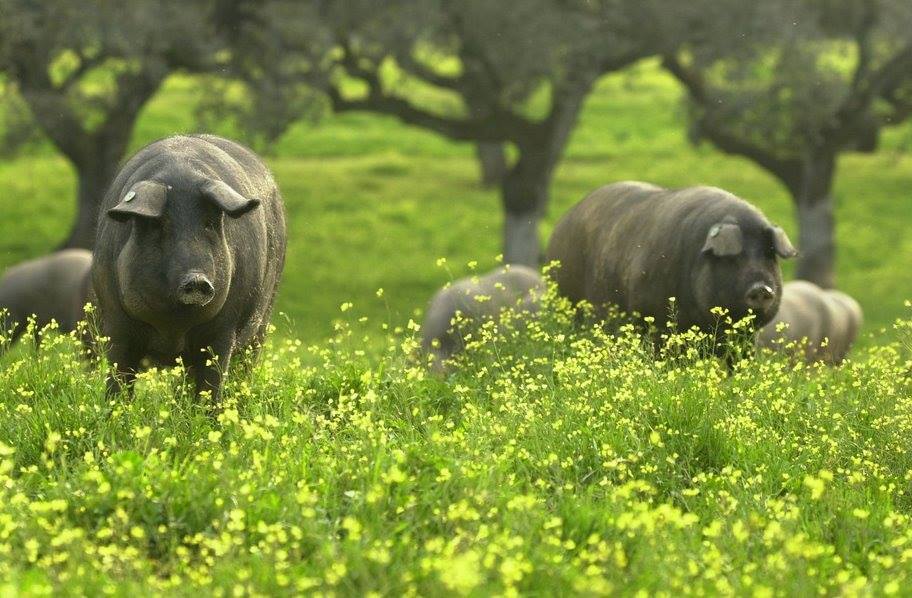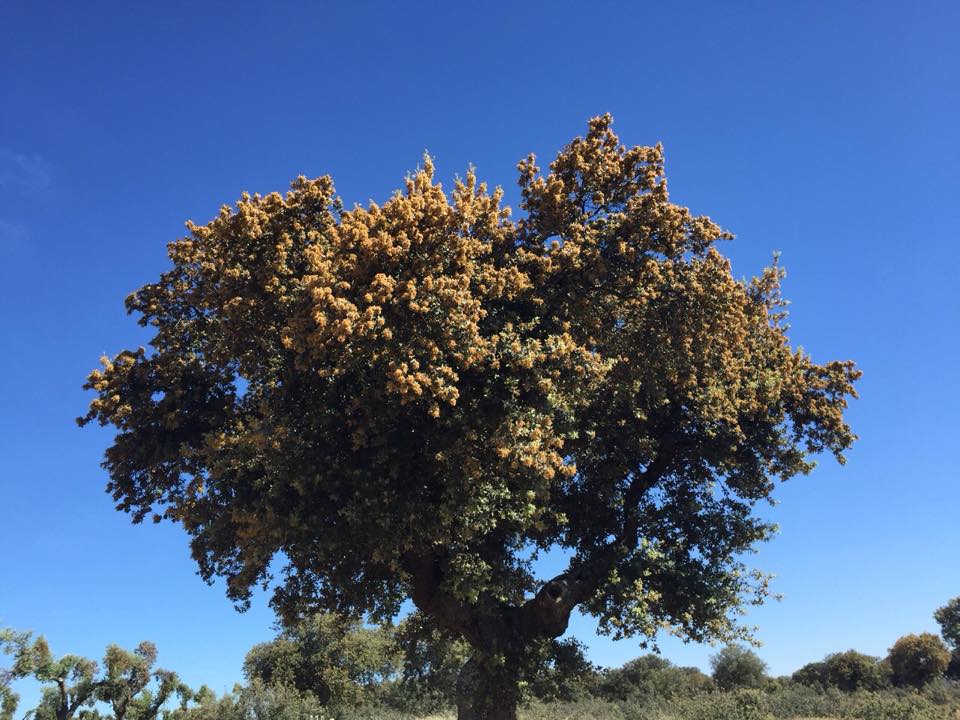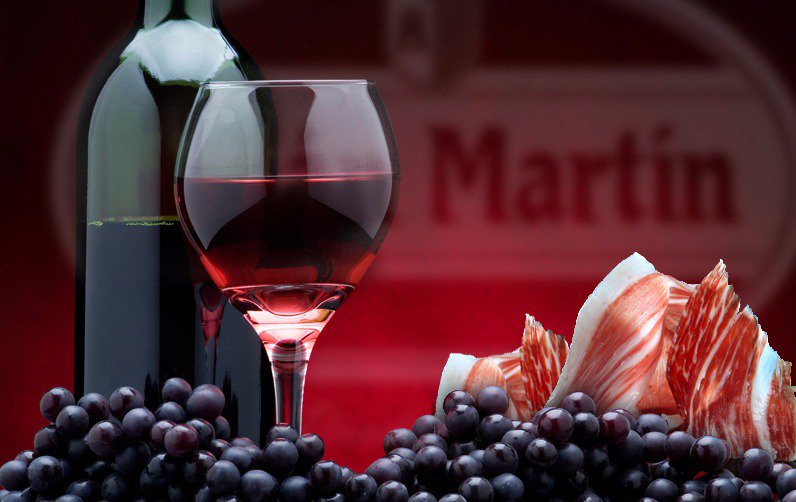
Situated in Guijuelo Salamanca, Julian Martin remains true to tradition. They allow Nature, not technique to work the final result, curing the legs with the help of the mountain air circulation through open windows for a minimum of 2 years.
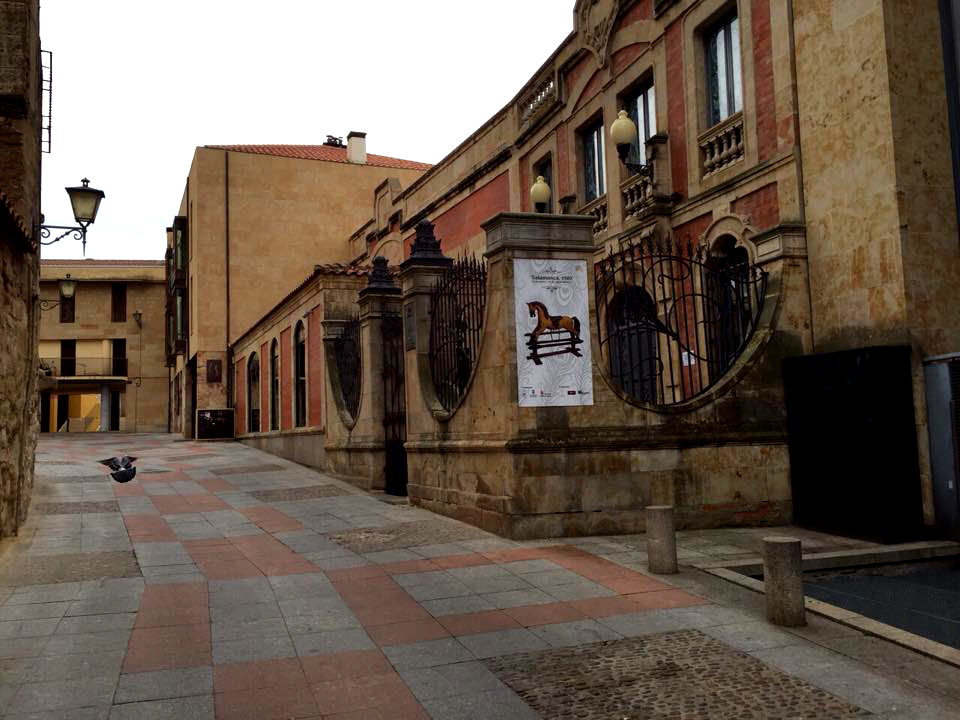
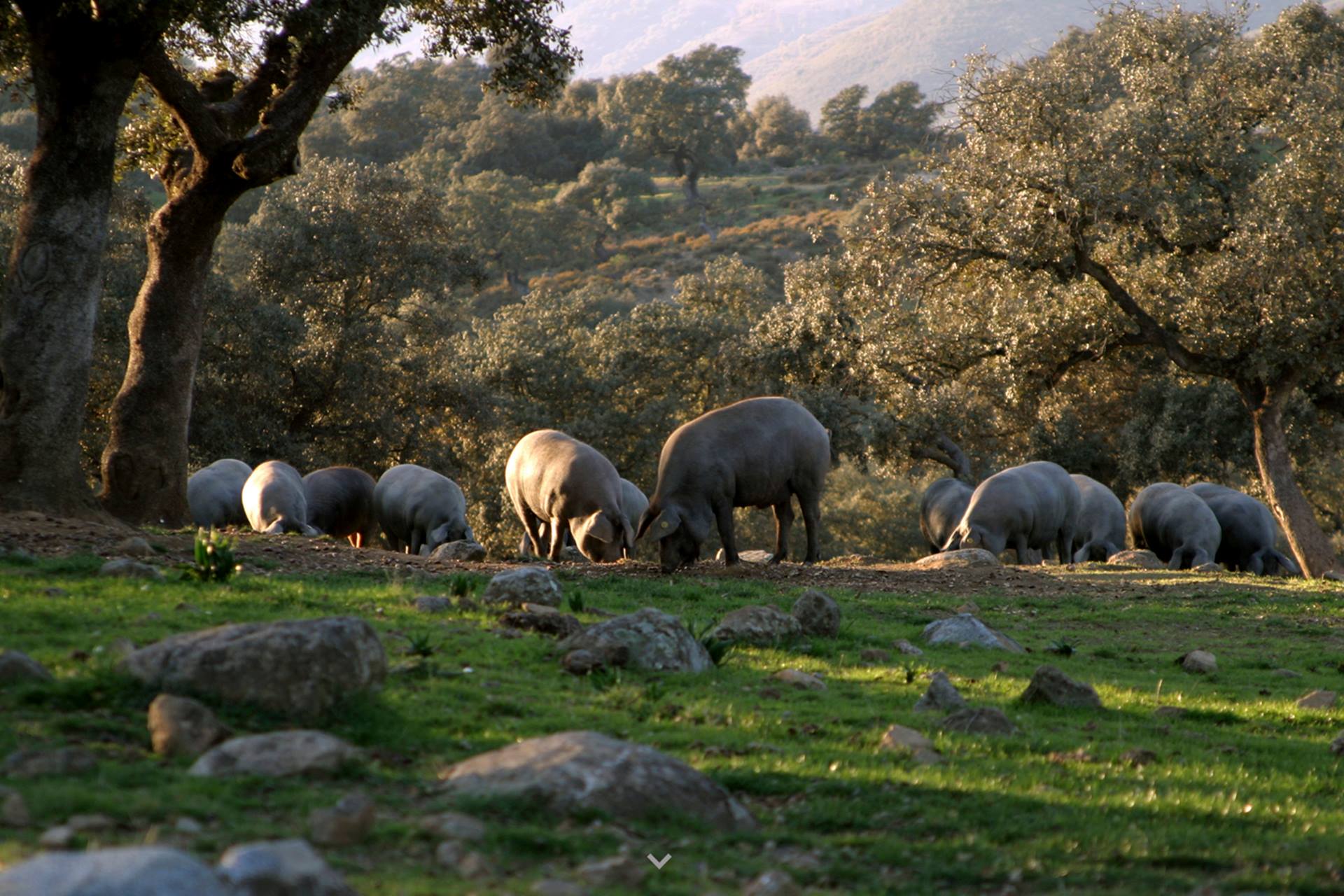
Guijuelo
Julian Martin’s history starts in 1933 in Guijuelo,in the foothills of the Béjar and Gredos mountain ranges, a region in the south-eastern part of the province of Salamanca, Spain. This area has a traditional link with the world of Iberian Pork, producing more than 70% of Spain’s national production.
This region, situated at an altitude of more than 8,300 feet above sea level, has a continental climate which is known for it’s long hard winters, and by contrast, it’s short very hot summers.
The meat curing activity in these Castillian regions is legendary, going back many centuries in time. It is said that even in the Middle Ages, the Duke of Béjar demanded products from Guijuelo, and that this jewel of the Salamanca pantry had its place amongst the offerings made to the Virgin de la Yedra.
It was not until 1880, however, that the slaughter of pigs was undergone on an industrial scale, favoured by the building of the national motorway and train lines.
Half a century later, the name Julian Martin became associated with Guijuelo and its prestigious cured meats.
The Iberian Black Pig
The first secret to be learnt about the extraordinariness of Julian Martin’s products is the existence of the Iberian breed of pig, characteristic of the Peninsula, a descendant of the Southern Mediterranean wild boar, bred mainly in south-western Spain, and south-eastern Portugal, whose exclusive genome makes it rightfully a breed of its own.
